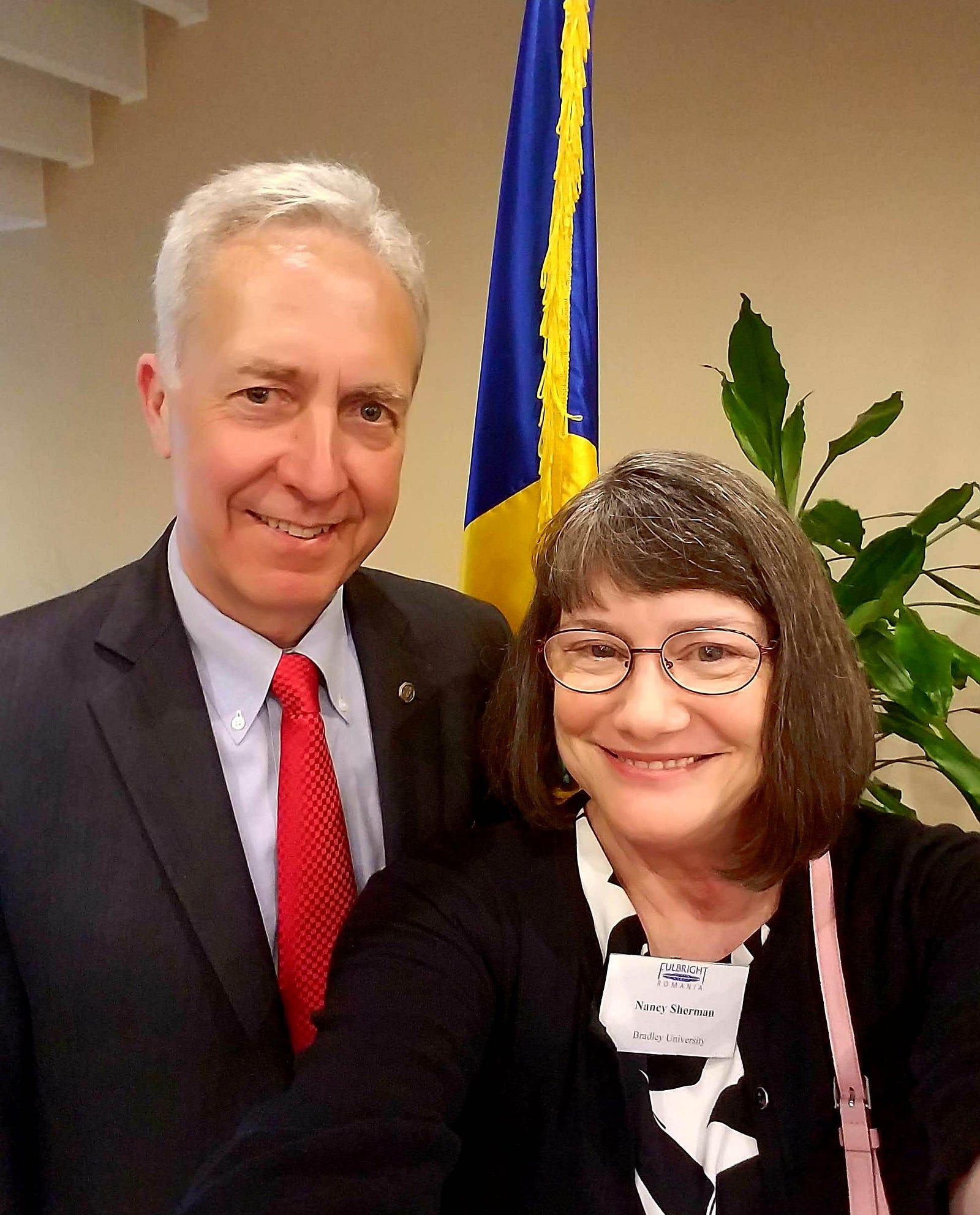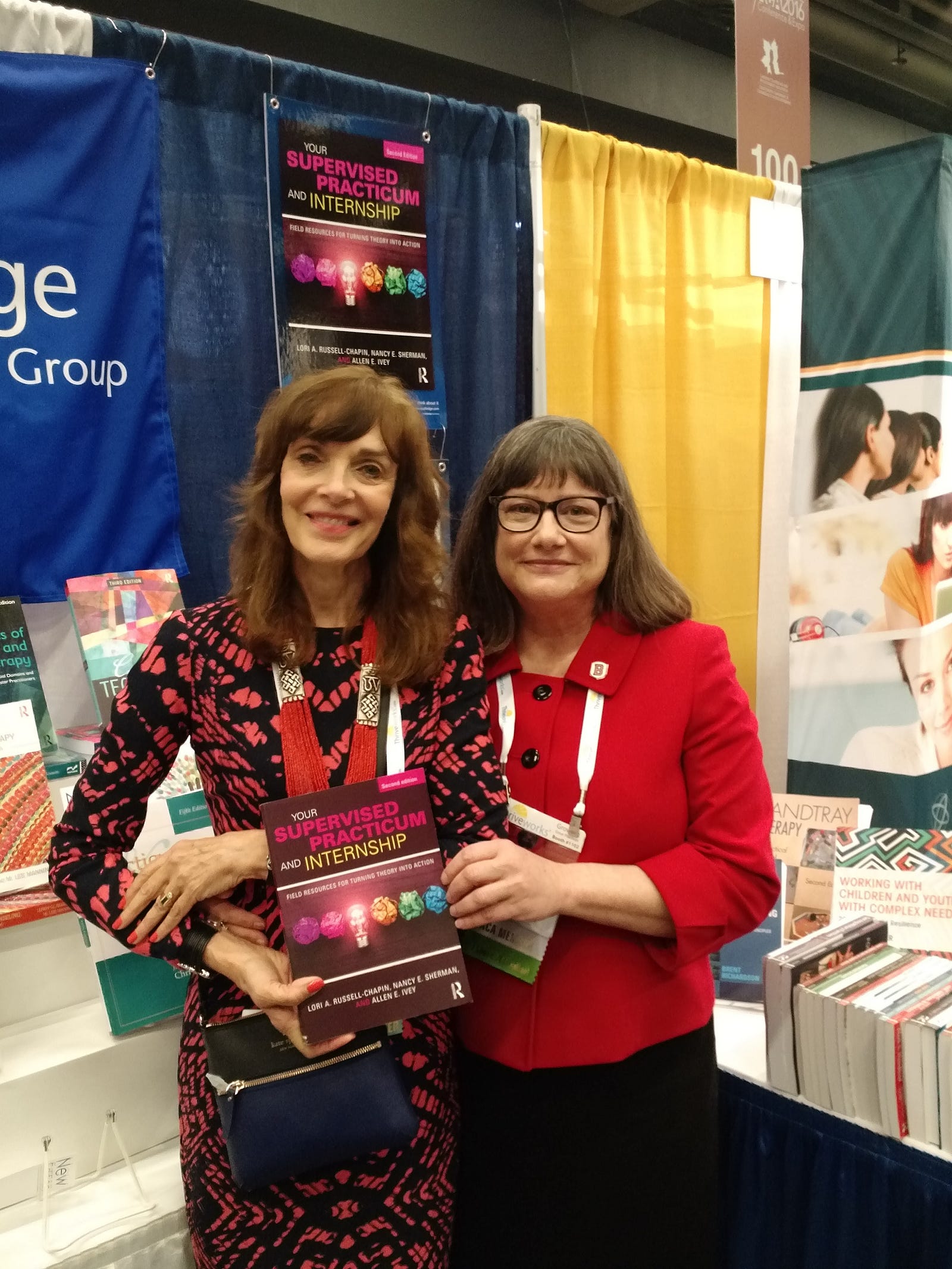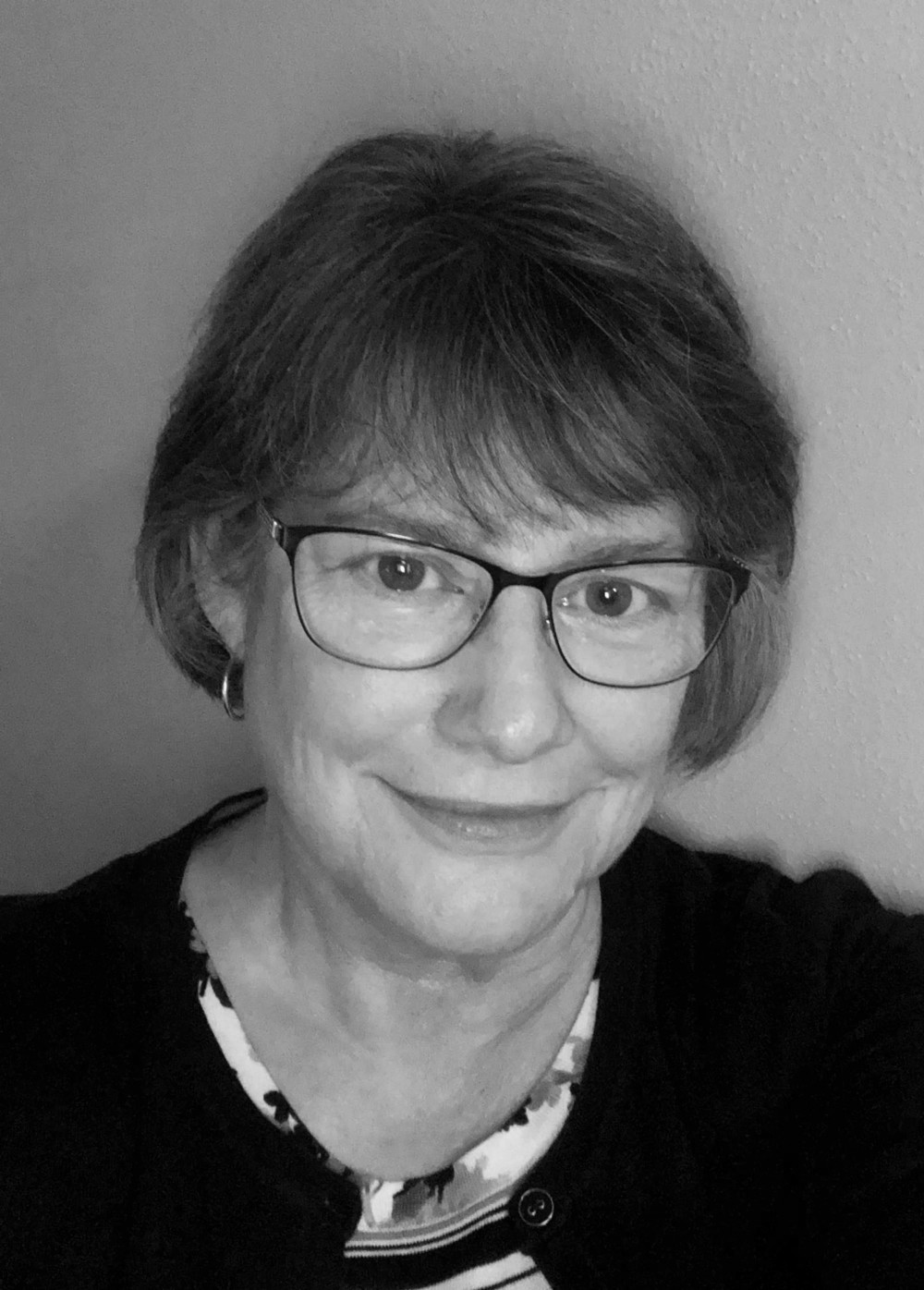As a part of my series about “Mental Health Champions” helping to normalize the focus on mental wellness, I had the pleasure to interview Dr. Nancy E. Sherman is a professor in the Department of Leadership in Education, Nonprofits and Counseling at Bradley University. Before joining the department in 1992, Dr. Sherman held positions as a professional counselor at Denison University, The Women’s Tri-County Help Center, Inc., an outpatient substance abuse treatment center, and in private practice. She completed her APA-approved doctoral internship in psychology at the Northeastern Ohio Universities College of Medicine. Dr. Sherman recently returned from her third Fulbright Award teaching at Immanuel Kant Federal Baltic University in Kaliningrad, Russia. Her second Fulbright in 2008 was a Lecturing/Research award to teach career counseling at the University of Oradea in Oradea, Romania, and to conduct research on the vocational identity of Romanian University students. Her first Fulbright Award was for teaching at the Higher School of Social Work and Social Pedagogy “Attistiba” in Riga, Latvia, in 2001.
Dr. Sherman’s research has been published and presented at local, national, and international venues, in journals such as the International Journal of Teaching and Learning in Higher Education and The Adultspan Journal. Her co-authored article, Meaning in Life and Volunteerism in Older Adults was named 2012 Outstanding Publication, The Adultspan Journal by the Association for Adult Development and Aging, a division of the American Counseling Association. Dr. Sherman is the second author of Your Supervised Practicum and Internship: Field Resources for Turning Theory into Practice, 2nd Edition,published in 2016 by Routledge.
Her research interests include clinical supervision, neurofeedback treatment of ADHD, NLP treatment for PTSD and neurocounseling, among others.
Dr. Sherman is a National Certified Counselor (NCC), Licensed Clinical Professional Counselor (LCPC) (Illinois), and an Approved Clinical Supervisor (ACS).
Thank you so much for joining us! Can you tell us the “backstory” about what brought you to this specific career path?
After a first career in the related field of Student Affairs, I was between jobs and volunteered at a shelter for victims of domestic violence. After a few months, the director of the agency asked me to apply for a grant-funded position of counselor. I had been debating whether to pursue counseling or higher education for my Ph. D. and the experience I had in the position made it clear counseling was my passion.
According to Mental Health America’s report,over 44 million Americans have a mental health condition. Yet there’s still a stigma about mental illness. Can you share a few reasons you think this is so?
Since the many of the terms first used in our society by professionals to describe people with mental disabilities and mental health disorders were morons and lunatics and how people were treated were so horrendous, it is easy to understand how difficult it is us to get over our stigmatization of mental disorders and disabilities. Our old ways to deal with those with mental disorders was to hide them away, so it is hard to bring this problem out into the open. We have a tradition of vilifying things we don’t understand. As we learn more and more about the causes of and how to prevent mental illness, stigmatization will ease. We have a tradition of the strong, independent person “pulling themselves up by the bootstraps” to deal with problems or mental health concerns. I hear from so many clients about how they are a failure because they could not cope with their problems on their own and had to seek help from a mental health professional. A huge problem is de-stigmatizing seeking and getting help.

Can you tell our readers about how you are helping to de-stigmatize the focus on mental wellness?
As a Counselor Educator, I have several assignments for our master’s degree students who are training as counselors to complete that deal with advocating for mental health professions. Students invariably develop projects that deal with de-stigmatizing seeking help from a professional. We develop ideas about how to make counseling services accessible by meeting people where they are rather than the traditional 50-minute one on one session in the office of a mental health professional. One recent project idea was developing a video for young people that showed interviews with other people their age talking about their experiences with counseling. I am also open with students about my experiences with counseling and encourage them to seek their own counseling so they understand better the difficulties their future clients might have in seeking and asking for help. Educating the public about mental health is critical, as well as changing the way we talk about mental health as opposed to mental illness. In the Counseling profession, we believe prevention is where we should focus our efforts and teach people about mental wellness and how to improve brain and body functioning as a way of preventing mental health problems. So, we want to change the focus to one of mental wellness because this is about getting healthy as opposed to treating disease. We want to de-stigmatize getting help when there is a problem.
Was there a story behind why you decided to launch this initiative?
I was in a graduate school internship with psychiatry interns, and we had opposite viewpoints about how to help people. Theirs’ was to figure out what was wrong and treat it with psychoanalysis and medication. I decided I wanted to help find out what caused the problems and how to prevent them.
In your experience, what should a) individuals b) society, and c) the government do to better support people suffering from mental illness?
- Talk to someone who knows something about mental health about what you are feeling and experiencing, and you will realize that you are not alone and don’t have to suffer in silence. Once individuals start talking, they learn that there are many others who are experiencing the same concerns and there is help.
- Encourage media that focuses on getting healthy in mind, body and spirit. Support and engage in prevention programs for children and adults.
- Adequately fund programs that help people with mental health concerns and the societal problems that contribute to mental health problems. Spend more money on prevention of and research on mental health problems. These are two areas that are grossly underfunded. In substance abuse treatment, for example, hardly any funding is for prevention programs.
What are your 6 strategies you use to promote your own wellbeing and mental wellness? Can you please give a story or example for each?
- Learn as much as I can about what I have control over that will keep my brain healthy, this is numbers 2–6.
- Get enough sleep! Our society is sleep-deprived, and I know I am not very effective at my life or work when I don’t have enough sleep, so I practice sleep hygiene because I have found that the older I get, the more difficulty I have getting the sleep I need.
- Exercise daily, currently I have a Fitbit I received as a gift from a loved one that is a way of encouraging me to meet this goal. My favorite activity is walking outdoors and when the weather is nice, I don’t have any problem accomplishing my goal. Right now, however, the wind chill is below zero, so during the winter, I have to give myself rewards to get on the treadmill or stationary bike daily.
- Make time for weekly lunches with friends, connecting with friends and loved ones is so important in maintaining mental health.
- Read, reading is my stress reducer, I can get lost in a good book and time passes without my noticing. One of the rewards or incentives I give myself to exercise is to listen to an audiobook I am enjoying. I usually have one book I am reading and one I am listening to at all times.
- Get bi-weekly massages and practice mindfulness. It can be very difficult to stay in the present moment without regretting the past or worrying about the future. The present moment is the only time we can take action and mindfulness helps keep me in the present so that I can enjoy life and preserve my mental health.

What are your favorite books, podcasts, or resources that inspire you to be a mental health champion?
I have started reading “Unfu*k Yourself: Get Out of Your Head and Into Your Life” by Gary John Bishop, I have a feeling this will be a favorite!
Older books include The Anxiety and Phobia Workbook by Edmund J. Bourneand the I recommend this to clients all the time. The book that changed my life is Your Erroneous Zones: Step-by-Step Advice for Escaping the Trap of Negative Thinking and Taking Control of Your Lifeby Dr. Wayne Dyer. I was at a low point in my life and this book was what helped me learn the power of thought and enable me to regain control of my life.
Thank you so much for these insights! This was so inspiring!


